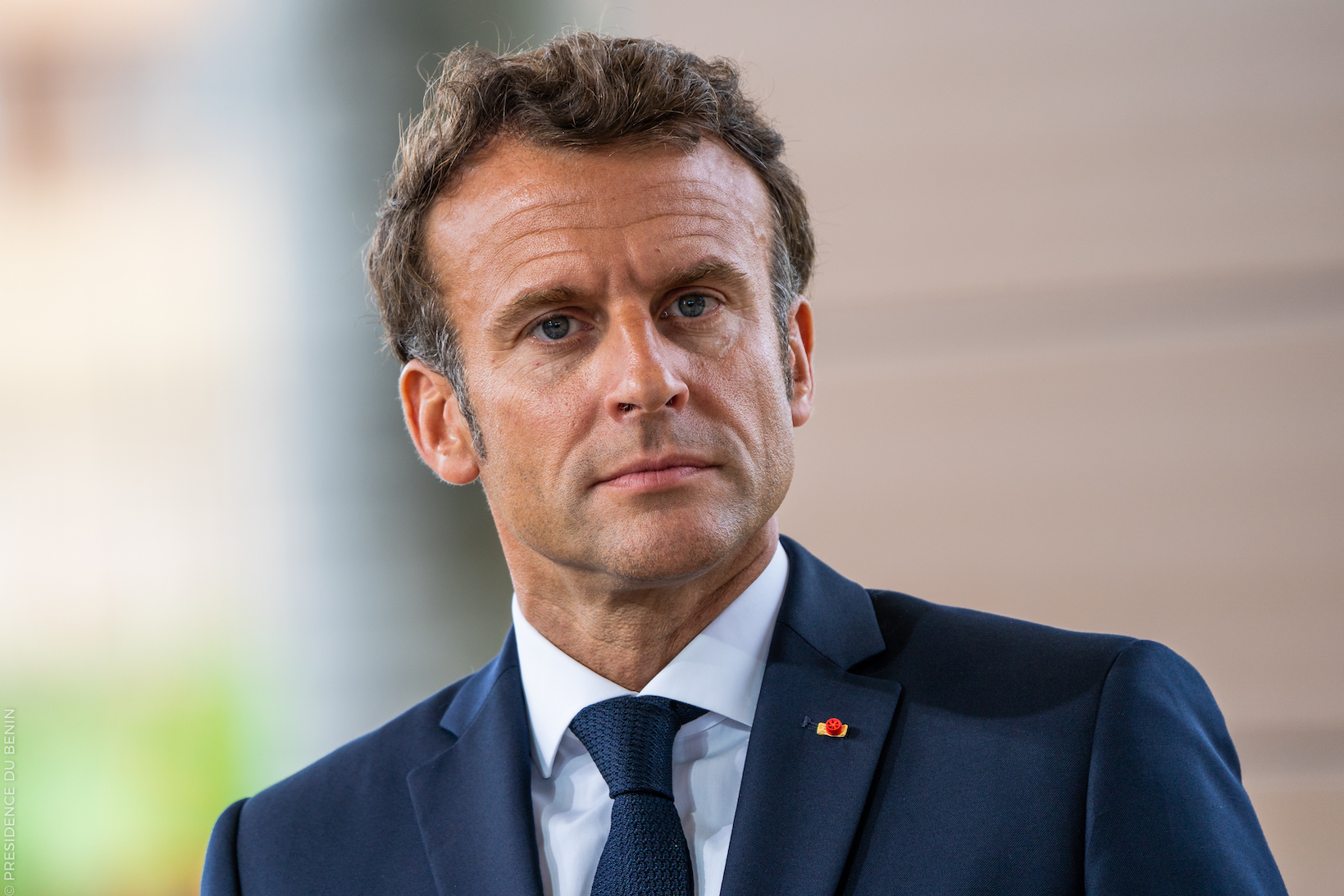The Labour leader is set for a tête-à-tête at the Elysée next week with Emmanuel Macron, the French president often said to be one-half of a budding bromance with UK PM Rishi Sunak.
That Macron and Sunak’s much-flaunted kinship has transposed into a more triangular relationship is a significant PR coup for Keir Starmer as he presents more and more as a government in waiting. Such a meeting is a rare accolade for an opposition leader, and it is already being compared to Tony Blair’s reception with Bill Clinton at the White House in 1996 and David Cameron’s 30-minute sit-down with Barack Obama at the residence of the US ambassador in Regent’s Park in 2009.
Glad-handing a foreign leader is apparently a rite of passage for a LOTO one year out from winning power: the useful optics and PR potential are undeniable.
Of course, Starmer has already largely succeeded in showing the British public that his party is ready for government — if Labour’s 18-point poll lead to go by. But a good way of consolidating this feeling will be a high-profile foreign trip such as this. Rishi Sunak has long tried to leverage bilats in a bid to bolster his domestic political prestige, however the sense that Sunak’s diplomatic schmoozing could shift the electoral dial at home figures less and less; and now, it seems, it is Starmer’s turn to bask in the glory of the international stage. (Certainly, it says something about Labour’s confidence that Starmer’s team reached out to the Elysée to secure the meeting in the first place).


It is, therefore, pretty clear what Starmer stands to gain from his trip to France. And, in this way, it is far more interesting to question what advantage Emmanuel Macron believes he is gaining from a meeting with Starmer, hardly a well-known figure in mainland Europe.
This point is especially pertinent as reports suggest Macron is breaking protocol to meet Sir Keir. Indeed, while the French president’s team insists Macron meets frequently with members from his own “political family” of centrist parties, Labour is considered part of the left-wing, “socialist” grouping of sister parties on the continent.
A tête-à-tête with Starmer, le président presumes therefore, justifies tearing up precedent. It is probably a sign that foreign governments read opinion polls too.
Of course, the foremost item on the agenda when Macron and Starmer meet next Tuesday will be Labour’s proposed approach to relations with the European Union. The French president is an arch-supporter of the political and economic structures of the bloc and he will want to gauge Starmer’s designs regarding a new diplomatic reset. A source at the Elysée told The Telegraph that Macron had agreed to the meeting to allow the Labour leader to “test” reactions to his policies on Brexit and other areas.
The meeting also happens to come at a time when Starmer is becoming increasingly candid about his wider plan to re-engage with Europe.
He wants, for example, a new agricultural deal between the UK and the EU, one that would likely lower trade barriers to allow both sides’ farmers to sell more into each other’s markets. He has also suggested that regular EU-UK summits could be held at permanent official and ministerial levels. A UK-EU security pact is another point on the Labour leader’s wish list.
And yesterday evening, the Labour leader confirmed that he will seek an EU-wide returns agreement for asylum seekers, after shadow home secretary Yvette Cooper first hinted at such an approach last July.
In the Conservative-supporting press, the Labour leader has been piled on for, in principle, agreeing to take a quota of undocumented migrants from the EU. Labour has insisted this will be subject to negotiations. It may well be, therefore, that this is a major point of discussion between Macron and Starmer come Tuesday.
What has been forgotten amid the media feeding frenzy is that, according to reports last month, Sunak tried to negotiate his own UK-EU migrant returns deal only to be rebuffed. Is this a sign, therefore, that Macron would rather negotiate with Starmer — on track to be prime minister next year — than Rishi Sunak, who might in the not too distant future be a backbench MP?
Is Keir Starmer already prime minister?
It is inevitable that Starmer’s meeting with Macron will be viewed as a microcosm of how the Labour leader will perform on the international stage if he becomes prime minister. Moreover, if EU relations are to be a core theme of Starmer’s early premiership, this trip could in time be remembered as substantively pretty significant.
But there is also an important symbolic quality. If Starmer does enter No 10 next year, his meeting with Macron will in hindsight be viewed as an important stepping stone on his path to No 10 — and perhaps a significant psychological watershed for the voting public, seeing Starmer chumming with foreign heads of state. Indeed, ahead of the Élysée Palace meeting on Tuesday, Starmer will meet centre-left leaders from around the world in Montreal, Canada.
Attendees at this separate get-together will include Justin Trudeau, Canada’s prime minister, Jonas Gahr Støre, Norway’s prime minister, and Jacinda Ardern, former prime minister of New Zealand. The Guardian reports that Starmer could even be granted a sit-down with Trudeau.
Ultimately, while the Labour leader famously shuns complacency in his own ranks, the same cannot be said for the electorate at large. Between his visit today to the Hague, the gathering of centre-left leaders later this week, and then his tête-à-tête with Macron — Sir Keir wants you to think he is prime minister already.
Josh Self is Editor of Politics.co.uk, follow him on Twitter here.
Politics.co.uk is the UK’s leading digital-only political website, providing comprehensive coverage of UK politics. Subscribe to our daily newsletter here.
Image from flickr / Présidence de la République du Bénin.

